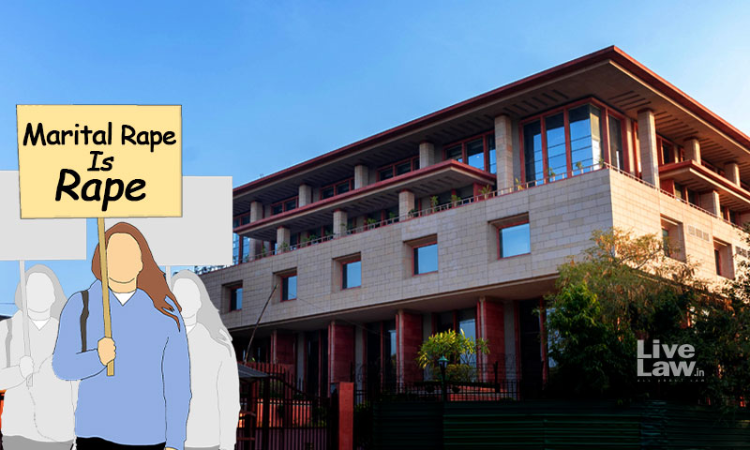Non-Criminalization Of Marital Rape Doesn't Compel Wife To Have Sexual Intercourse; Remedy Of Divorce Available: Delhi Govt Tells High Court
Nupur Thapliyal & Akshita Saxena
11 Jan 2022 6:20 PM IST

The exception to Section 375 does not violate the right to privacy, dignity of married women, the counsel added.
Next Story


